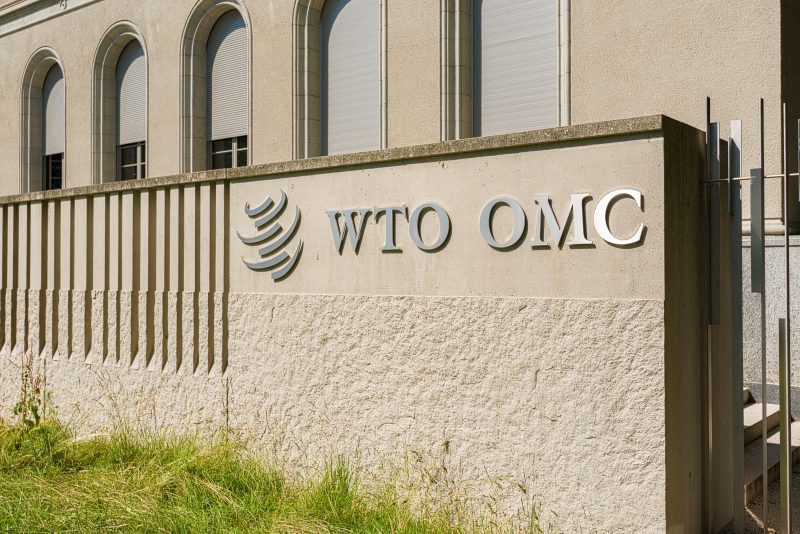Securities and Exchange Board of India’s working group has proposed significant changes to SEBI (Portfolio Managers) Regulations, 1993.
The essential changes include enhancing the minimum investment limit from Rs 25 lakh to Rs 50 lakh, laying down a standardised reporting format and shifting distributors from upfront to trail model. However, the recommendations do not make it mandatory to make public disclosure of holdings and returns of the PMS products. It also fails to put limits on PMS fees similar to Total Expenses Ratio (TER) in Mutual Funds. These still make it difficult to make a comparison and a transparent selection of Portfolio Management Services (PMS) products.
PMS is regulated in India by the SEBI (Portfolio Managers) Regulations, 1993. High net-worth individuals generally invest via PMS, due to the investment restrictions on mutual funds imposed by SEBI. PMS products have always suffered from lack of standardisation, reporting format and lack of transparency concerning fees other charges levied. The recent market correction in the mid-cap and small-cap has also impacted the PMS products.
However, PMS distributors have benefited from the high commissions since SEBI brought down the fees and charges on mutual funds. Also, further caps on upfront distributor commissions in mutual funds have boosted PMS investments. PMS distributors have increased their assets under management (AUM) due to the advantage over mutual funds.
Also Read: Millennials are turning towards mutual funds in financial year 2019
The SEBI Working group has proposed regulations on the PMS distributors. These include payment of distributors through an all trail model, passing of NISM mutual fund exam to qualify as a PMS distributor. Similarly, distributors who have an ARN number for mutual funds would be eligible to distribute PMS products as well as a code of conduct for PMS distributors.
Also recommended is an increase in the minimum net worth requirement for a PMS manager from Rs 2 crore to Rs 5 crore. The recommendation is on the lines of net worth requirements for mutual fund managers. In case of a mutual fund, an Asset Management Company (AMC) running a mutual fund is required to have a minimum net worth of Rs 50 crore.
With respect to the standardised reporting format for PMS managers, it is recommended that the time-weighted-return method be adopted across managers. The primary objective of it is to eliminate the effect of extraneous events like deposits and withdrawals. They also made recommendations to change the reporting frequency from every six months to three months. In comparison, mutual funds declare NAV (Net Asset Values) on all business days.
Further, changes in investment approach or Principal Officer of the PMS should also be reported to the clients. This will ensure that the marketing materials are reported and website data will match what is reported to SEBI.





